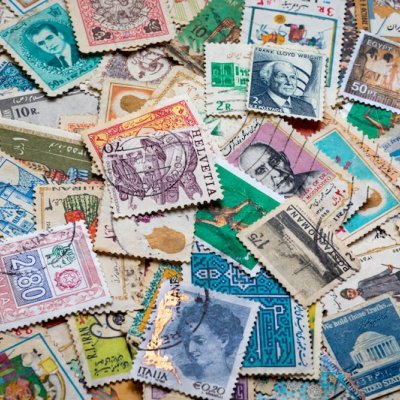crown(
kraun
)A noun is a word referring to a person, animal, place, thing, feeling, or idea (e.g., man, dog, house).
(f) means that a noun is feminine. Spanish nouns have a gender, which is either feminine (like la mujer or la luna) or masculine (like el hombre or el sol).
The king entered wearing a crown and his royal garb.El rey entró vestido con una corona y su atuendo real.
The queen's crown has been stolen!¡Se ha robado la corona de la reina!
2. (top)
b. la cima (F)
(f) means that a noun is feminine. Spanish nouns have a gender, which is either feminine (like la mujer or la luna) or masculine (like el hombre or el sol).
When we reached the crown of the hill, we stopped to watch the sunset.Cuando llegamos a la cima de la colina, nos paramos para ver la puesta del sol.
c. la cumbre (F)
(f) means that a noun is feminine. Spanish nouns have a gender, which is either feminine (like la mujer or la luna) or masculine (like el hombre or el sol).
The shepherd sat with his flock at the crown of the hill, watching the sunset.El pastor quedó sentado en la cumbre del cerro con su rebaño, mirando la puesta del sol.
3. (anatomy)
a. la coronilla (F)
(f) means that a noun is feminine. Spanish nouns have a gender, which is either feminine (like la mujer or la luna) or masculine (like el hombre or el sol).
The patient sustained a blow to the crown of his head that rendered him unconscious.El paciente sufrió un golpe en la coronilla que lo dejó inconsciente.
4. (dentistry)
a. la corona (F)
(f) means that a noun is feminine. Spanish nouns have a gender, which is either feminine (like la mujer or la luna) or masculine (like el hombre or el sol).
I went to the dentist, and he told me I need a filling and a crown.Fui al dentista y me dijo que necesito un empaste y una corona.
5. (sports)
b. el campeonato (M)
(m) means that a noun is masculine. Spanish nouns have a gender, which is either feminine (like la mujer or la luna) or masculine (like el hombre or el sol).
She won the crown in golf for the fourth straight year.Ganó el campeonato de golf por cuarto año consecutivo.
A transitive verb is a verb that requires a direct object (e.g., I bought a book.).
7. (to top off)
8. (odontology)
a. poner una corona en
The dentist is going to crown that tooth.El dentista le va a poner una corona a ese diente.
9. (games)
a. coronar
She had to crown his piece after he jumped hers.Ella tuvo que coronar la pieza de él después de que él saltara la suya.
10. (colloquial) (to hit)
A word or phrase that is commonly used in conversational speech (e.g., skinny, grandma).
a. golpear en la cabeza a
He crowned me when he caught me stealing bread.Me golpeó en la cabeza cuando me pescó robando.
b. dar un coscorrón a
If you talk about my mother that way again, I'll crown you so hard, you'll see stars.Si vuelves a hablar de mi madre así, te voy a dar un coscorrón que verás las estrellas.
An intransitive verb is one that does not require a direct object (e.g., The man sneezed.).
11. (medicine)
a. coronarse
The midwife could see the baby's head crowning and she asked the mother to push harder.La matrona vio que la cabeza del bebé se coronaba y pidió a la madre que empujara con más fuerza.
Examples
Phrases
Machine Translators
Translate crown using machine translators
Conjugations
Other Dictionaries
Explore the meaning of crown in our family of products.
Random Word
Roll the dice and learn a new word now!
Want to Learn Spanish?
Spanish learning for everyone. For free.























